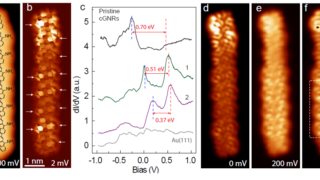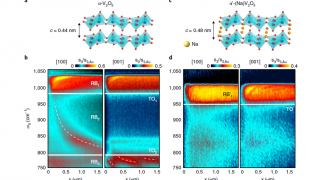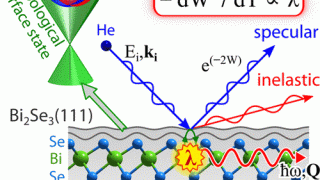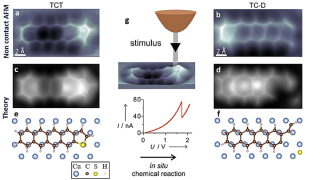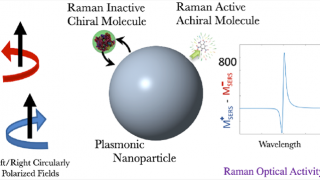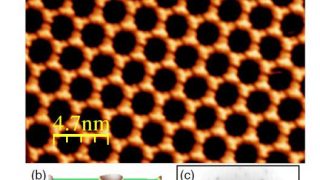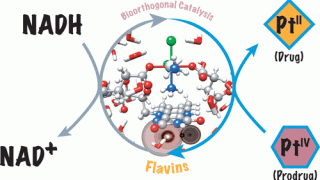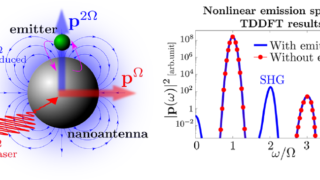
Second-harmonic generation in a quantum emitter – metallic nanoparticle hybrid
Condensed matter • Materials • Nanotechnology • Quantum physics • Theoretical physics
When two photons with the same energy interact with a nonlinear material, they “combine” and generate a new photon with twice the energy of the initial photons. More precisely, two photons at the fundamental frequency are absorbed by a plasmonic structure to emit one photon at the second-harmonic frequency. This is called second-harmonic generation. Second-harmonic […]

